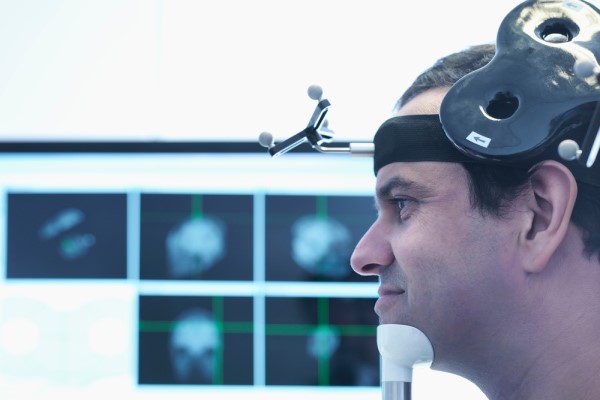When TMS May Be Recommended as a Depression Treatment

TMS (transcranial magnetic stimulation) is a type of stimulation treatment for the brain. This is a non-intrusive therapy involving the use of electromagnetic pulses in triggering nerve cell activity. It may improve symptoms of mental or neurological disorders. This therapy may be effective in treating depressed patients. If you want to know when TMS can become a treatment for depression, here are the details.
Major depression treatment
TMS has been considered for MDD (major depressive disorder). It has become an effective therapy for major depression. The FDA (Food & Drug Administration) approved this depression treatment back in 2008. Doctors recommend using this type of brain stimulation if the patient is unresponsive to antidepressants and psychotherapy. This condition is treatment-resistant depression.
Studies show that about 30% of patients with depression do not respond to these treatments. Research in 2015 proves its link to low prefrontal cortex activity. This area of the brain is involved with symptoms of depression like appetite changes and reduced energy levels. TMS may aid in increasing prefrontal cortex activity and triggering nerve cells.
Antidepressants are the drug of choice for MDD. Even so, it has terrible side effects. Teenagers and children are vulnerable to experiencing the negative effects of taking these medications. This makes TMS ideal for younger patients.
How TMS works
A doctor or technician can provide the therapy. This is an outpatient procedure. The patient can receive it in a clinic. Having it in a hospital will need an overnight stay. Removing magnet-sensitive items like jewelry is important before the treatment.
The doctor will tell the patient to wear the earplugs first. This will reduce the clicking sound of the impulses from the magnet. The patient will sit in a relaxing chair. There will be no need for anesthetics for this non-intrusive treatment. The patient will be awake during the session.
During the first treatment, the doctor will measure the patient’s head to place the magnetic coil in the right position. Taking other measurements will enable custom-fit TMS machine settings. The doctor will place the coil above the front part of the brain. The treatment will then start.
The patient will hear the clicking sounds of the magnetic impulses. There will also be a knocking or tapping sensation underneath the magnetic coil. This treatment can last for about 30-60 minutes. The absence of anesthesia will allow the patient to drive home and perform daily activities. The patient will repeat the procedure five days each week for about four to six weeks.
The success rate
TMS has a promising success rate. There is about a 64% response rate in patients receiving this treatment. That is why doctors also use this treatment for other disorders. A patient can get TMS for treating other conditions, such as schizophrenia.
TMS can help ease the symptoms of treatment-resistant depression
Antidepressants are basic medications for MDD. This treatment may not be effective for some patients. This is when doctors recommend TMS. This non-invasive treatment can ease depression symptoms without anesthetics. Seeing your doctor for regular checkups can determine if you need this type of depression treatment.
Get more information about Hope TMS and Neuropsychiatric Center in New York at https://www.hopetmsofny.com.
Check out what others are saying about our services on Yelp: Read our Yelp reviews.
Recent Posts
Although often overlooked, mental health is just as important as physical health. Whether you have a mental disorder or are going through a difficult time due to external factors, a psychiatrist can provide professional help. You can also follow several self-care tips outside of treatment to help make your mental health journey easier.Self-care is crucial…
The longer you smoke, the more impossible smoking cessation seems. This is due to the powerful hold that nicotine, a substance in tobacco, has on the brain. Trying to quit on your own may be dangerous for some due to the withdrawal symptoms. Fortunately, we offer a variety of ways to help you kick the…
Any psychiatrist will tell you that eating disorders are serious and, in some cases, fatal illnesses. Eating disorders are often linked with severe disturbances in people’s eating behaviors as well as related emotions and thoughts. Preoccupation with body weight, food and shape usually also signal an eating disorder. The three main types of eating disorders…
Curious about what can help your ADHD treatment work better? Read on to learn more. ADHD is a common neurodevelopmental disorder that affects millions of people worldwide. ADHD treatment options include medication and therapy. However, positive lifestyle changes can also significantly improve the symptoms and quality of life. This article covers different lifestyle changes that…


